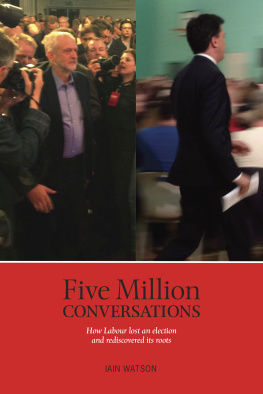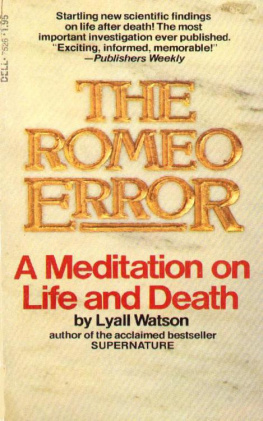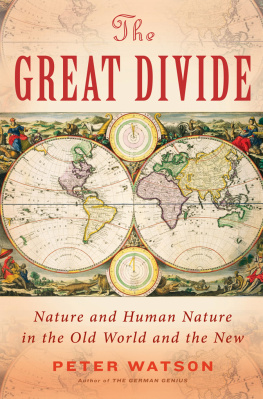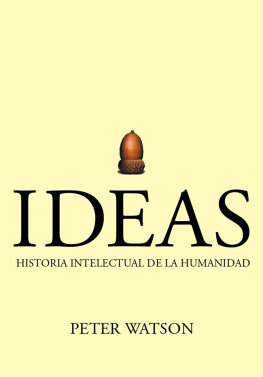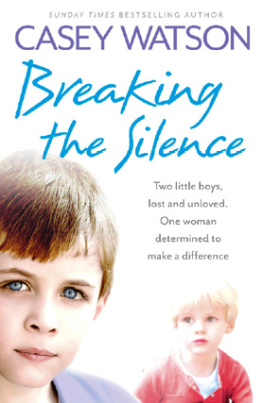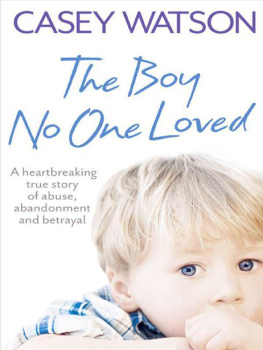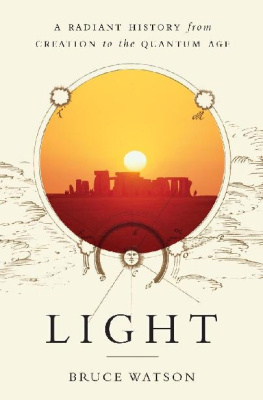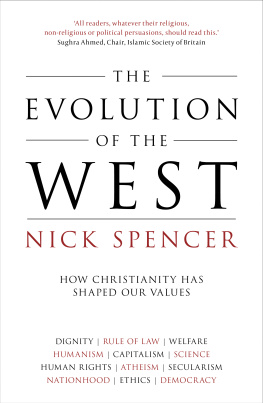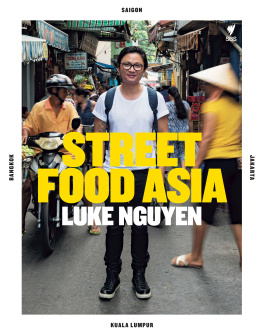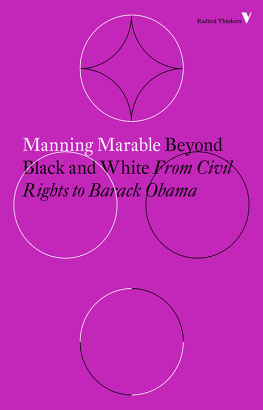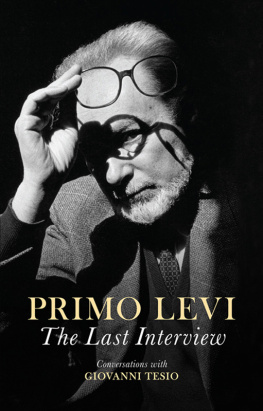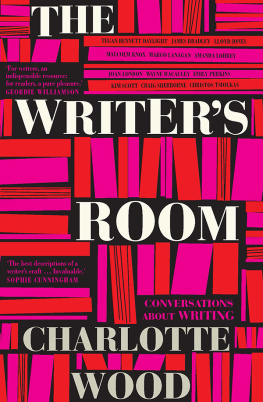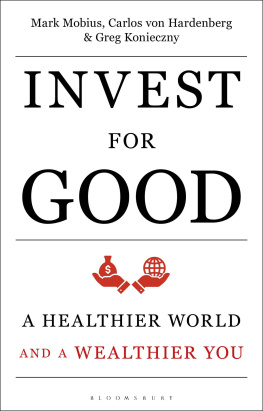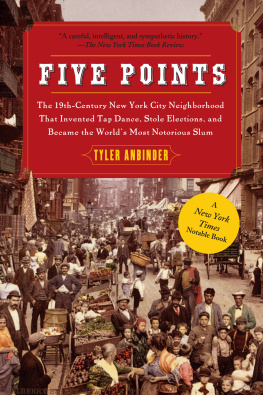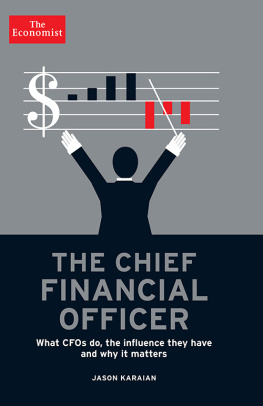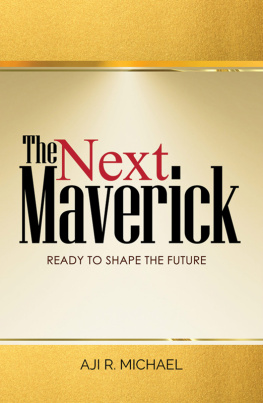IAIN WATSON is a BBC Political Correspondent who works across TV , radio and online. He reports regularly for Radio 4s Today programme and previously for BBC 2s Newsnight and the flagship BBC 1 political show On the Record . He extensively covered both the 2010 and 2015 general elections, spending the entire campaigns on the road. He also covered the Scottish referendum. Despite being Westminster editor of the Sunday Herald , he was delighted to decamp to Edinburgh to cover the first elections to the Scottish parliament in 1999. He lives in London with his wife and son.
Luath Press is an independently owned and managed book publishing company based in Scotland, and is not aligned to any political party or grouping.
Five Million Conversations
How Labour lost an election and rediscovered its roots
IAIN WATSON

Luath Press Limited
EDINBURGH
www.luath.co.uk
First published 2015
ISBN : (EBK) 978-1-910324-59-2
(BK) 978-1-910745-26-7
The authors right to be identified as author of this work under the Copyright, Designs and Patents Act 1988 has been asserted.
Iain Watson 2015
To Rachel and Alexander Watson
And for Agnes Watson ( 19322014 )
Contents
APPENDICES
Acknowledgements
Thanks to the government ministers, shadow ministers, senior politicians, special advisers, strategists and voters who gave me their accounts of a fascinating election, and its unexpected aftermath. Many of you are quoted. But this book wouldnt have been possible without the assistance of those who are not. You know who you are and Im not telling! I, of course, take responsibility for all errors in a publication which was necessarily swiftly produced. So a special mention, too, for the publishers who made it possible.
My gratitude to all my BBC colleagues who remained on a relatively even keel despite spending so much time covering an intense election especially the core team of Dave renaissance man Bull and Dan Grant. Thanks are due to Maxine Collins, Peter Hunt, Simon Lister, Sarah Kirby, Simon Lister, Lucy Manning, Callum May, Richard Perry, John Prendergast, and Sam Smith. Lets not do it again soon though
And above all thanks to Rachel for reading this and to Alexander for not disrupting it too much!
Preface
At the start of this campaign I said that we wanted to have four million conversations in four months. And I am so proud that today, on the final day of campaigning, we will top five million conversations. This race is going to be the closest we have ever seen. It is going to go down to the wire.
ED MILIBAND , 6 May 2015
THIS BOOK TRIES to solve a mystery. How could Labours activists talk to a record number of voters and end up with fewer seats than at the previous election? What was the nature of those conversations? Was there any way to report and react to the scepticism campaigners were hearing on the doorsteps? Why did all this apparent activity bequeath the next leader greater challenges than the last? From Cardiff to Colne, Glasgow to Gloucester, Leeds to London, I followed Labours election campaign around Britain. As this book reveals, those around Ed Miliband never expected him to lead a majority government. But they did assume he would do enough to deprive the Conservatives of outright victory and lock out David Cameron from Downing Street, without the need for a formal deal with the SNP . How could Labour get it so wrong? And how will the partys next leader avoid the same mistakes?
This book covers all the significant moments in Labours campaign. The day-by-day approach is designed to offer an insight into how political parties try to control their message, their messengers and those who try to report on both. It also offers you a front-row seat at the daily dramas of the most closely fought election in two decades.
But this is a lot more than a campaign diary. It examines what one senior politician called failures of policy, personnel and organisation and looks forward to the challenges Jeremy Corbyn will face. With access to some of the partys most revealing private polling, this book explores how Labour failed to reassure voters on the two policy issues which concerned them most its record on spending and its stance on immigration. And it charts how big ideas were boiled down to what one frontbencher called small bribes. Through the prism of the much-mocked Edstone, it shines a light on the partys personnel and the behind-the-scenes battles which hampered the quality and speed of decision making. As for organisation, it discovers that what the Conservatives and the SNP got right can be as instructive as what Labour got wrong.
A large, if not decisive, contribution to Labours defeat was the loss of 40 of the 41 seats the party had held in Scotland. The book provides new information on the divisions and lack of decisiveness at the very top of the party over how to handle the SNP threat and how to counter the Conservative charge that a weak Labour government would be at the mercy of Alex Salmond and Nicola Sturgeon.
Above all, it concludes that when parties have millions of conversations with voters, they can learn more from listening than talking.
The Accidental Leader
12 September
Jeremy Corbyn is elected Labour leader.
He gets the support of nearly 60 per cent of his partys members and supporters.
He is the most left wing leader of his party since Michael Foot in 1983.
Can he now change the party as well as its leadership?
HIS HEAD SHOOK in disbelief. The full-time official of the Labour Party must have seen the result coming, but he couldnt help utter the phrase: How the f*** did that happen?
To be fair, it was probably the sheer scale of Jeremy Corbyns victory that shocked him.
251,417 Labour members and supporters had backed Corbyn, and he had beaten all three of his rivals Andy Burnham, Yvette Cooper and Liz Kendall by more votes than they had between them. He gained nearly 60 per cent of the ballot coming 40 points ahead of second placed Burnham, the former frontrunner who had garnered a little less than one in five of the votes cast. While Corbyn smiled as though he had just heard he had won 25 on the premium bonds, his nearest rival sat stiff as a statue, apparently hoping his tear ducts would be just as immobile.
The venue for the announcement was close to the ultimate prize. Jeremy Corbyn, a republican, was declared Labours new leader on Saturday 12 September at the Queen Elizabeth Conference Centre just a mere tilt of the head and glance of the eye away from Downing Street and the Houses of Parliament. Yet for many Labour stalwarts in the audience these centres of power might as well have existed in a parallel universe. Jeremy Corbyns politics are to the left of Michael Foot and he is supported by only one in ten of his MP s. But he has the biggest mandate of any of his partys leaders, ever.
I had tweeted that Corbyn had won before it was officially announced because a member of Labours ruling National Executive Committee told me the result but they hadnt told me the extent of it. And as the NEC chairman Jim Kennedy who would probably be quite good at drawing raffles benevolently but rather underwhelmingly delivered the news officially from the conference stage, the atmosphere in the room was like a moving image that had just been paused. There was a stunned silence which lasted just a few seconds, but it felt like everyone had needed a little time to suspend disbelief, take a sharp breath, then move on. Normal service was resumed relatively swiftly when a member of Labours staff and not a Corbyn supporter began the applause from the back of the hall. Soon, there was an ovation. That was a signal for the snappers who had maintained almost a dignified distance from the row of seats where the candidates had been uncomfortably juxtaposed to rush like greyhounds from their traps and surround the new leader. Liz Kendalls vote just 4.5 per cent of the total hadnt even been announced at that point. Her result was quickly dispensed with, and a besieged but becalmed Corbyn took to the stage with the diminutive but determined press officer Anna Wright who had been a mainstay of Labours election campaign almost single-handedly trying to part the sea of photographers to let the new leader deliver his victory speech.

